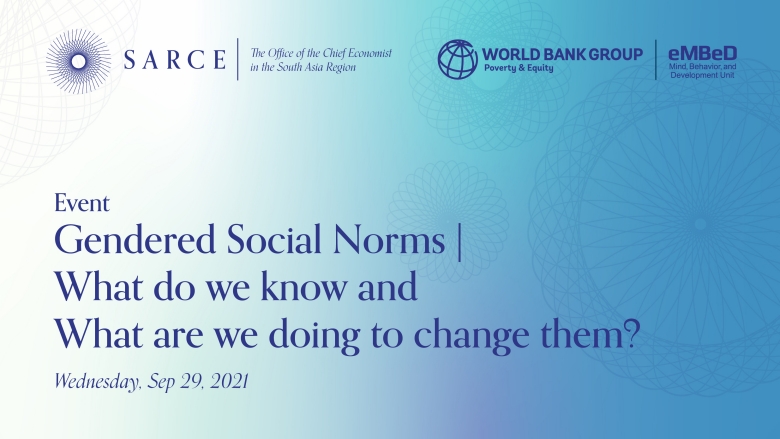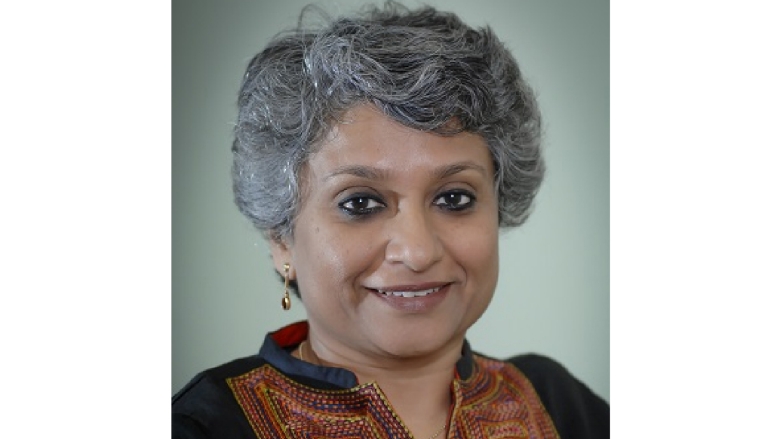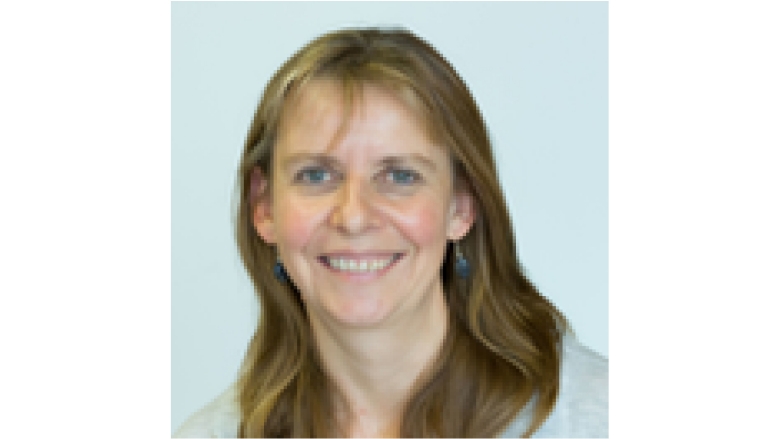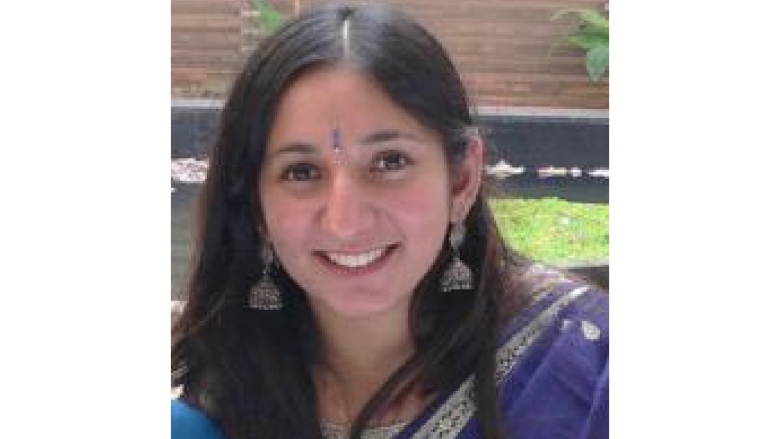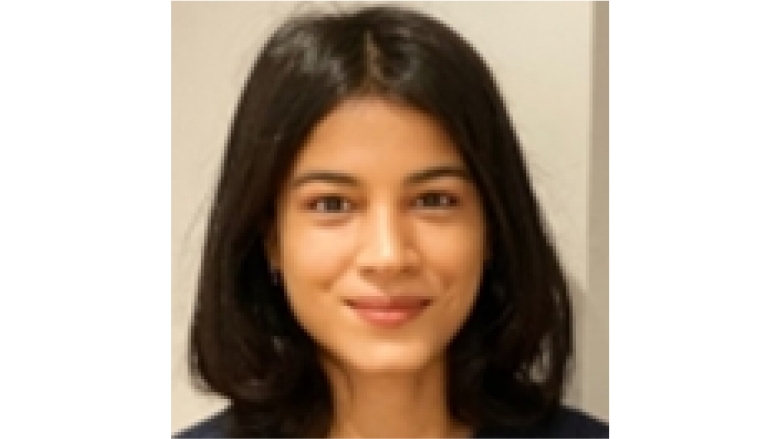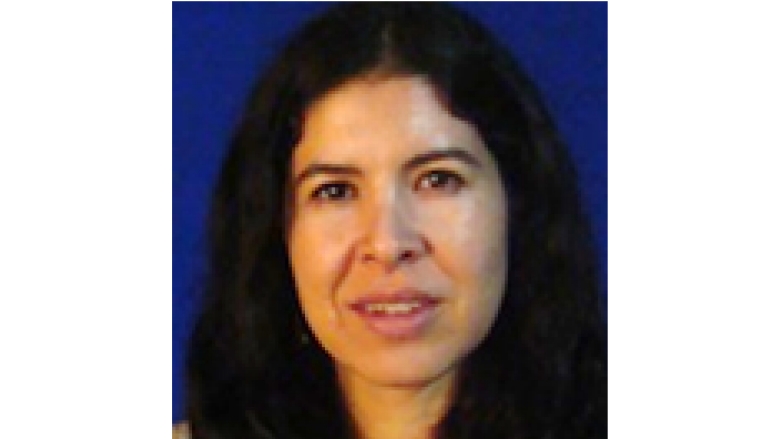Persistent inequalities pose a significant threat to the achievement of development goals and eradication of poverty in the South Asia region. The COVID-19 pandemic has exacerbated existing disparities and has opened new divides. The Chief Economist Office of the South Asia region, in cooperation with the global practices and the Development Research Group, is conducting a research program, Social Divides and Norms: Disparities across Gender, Opportunity, and Location in South Asia, to deepen our understanding of long running inequalities.
This workshop, the second in a series that recently started with an event on Son Preference, focuses on the role of social norms in sustaining gender disparities across domains. Many interventions to address gender gaps have been implemented in the region and important gains have been achieved. However, policies are often blind to social norms and their gender impacts, leading to mixed successes: laws to promote women’s land access via inheritance are being circumvented; active labor market policies have succeeded in training women but have failed to engage them into productive work; and financial support to women-led businesses has been transferred to male spouses, among others. Identifying and measuring more precisely the norms at play can be transformative to eliminate long-standing disparities in the region and can inform programs towards such a goal.
The workshop features the following four presentations and is organized around three main questions (a) what do we know about the role of norms when it comes to women’s outcomes and gender equity in South Asia? (b) how do norms interact with other barriers to gender equity? (c) can norms be changed and how?
